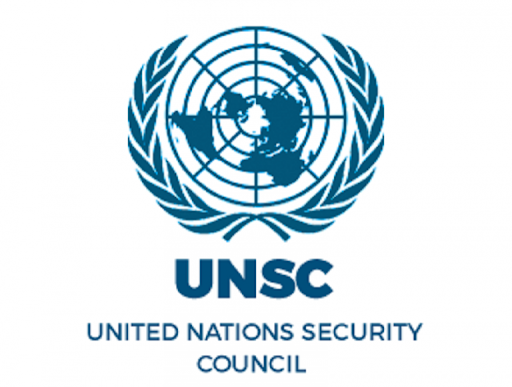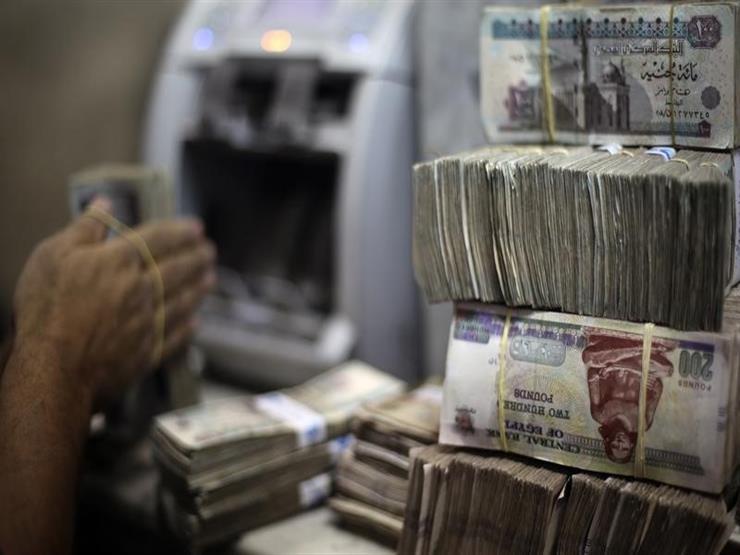A judicial dispute taking place in the Egyptian courts has confirmed the accusations levelled against the regime of President Abdel Fattah Al-Sisi for organising formal parliamentary elections that were governed by money, and that favour was given to those who pay more and not to the best candidates.
About a year after the formation of the Senate and the House of Representatives, the North Giza Court of First Instance will begin on November 23 to consider a lawsuit filed by Mustafa Abu Fakhra Magawi, the former Secretary-General of the Wafd Party in Beni Suef Governorate, in which he has demanded that the head of the Wafd Party, Bahaa El-Din Abu Shaqqa, and the party’s financial director, Ayman Mohamed Sayed, refund the EGP 1.25 million ($80,000 dollars) he paid in exchange for his candidacy on the national list for the Senate elections as the party’s representative.
According to lawsuit No. 3437 of 2021 being heard in a civilian court north of Giza, Mustafa Abu Fakhra agreed with the leaders of the Wafd Party, headed by the party leader Baha Abu Shaqqa, father of lawyer Mohamed Abu Shaqqa, Sisi’s legal advisor in the 2018 presidential election campaign, to pay 1.250 million pounds to run on the national list in the Senate elections, an electoral list prepared by the security services and parties close to the regime that swept the elections. In his lawsuit, Abu Fakhra said that he paid the amount in four installments, and it was registered in the party treasury as a “donation.” The party may order that these are the only receipt forms in the party, and that these amounts will be refunded in full if it is not represented on the list for the Wafd Party.
The Senate elections were held in August 2020, but the national list came out without Abu Fakhra’s name on it, who in turn asked the party leader, Abu Shaqqa, about the matter, so he apologised to him and asked him to postpone the agreement of representation in the parliament elections, but this also did not happen, and the list came out again without his name on it. Abu Fakhra says that he tried to recover his money amicably, but the party evaded him and refused to return it, forcing him to file a lawsuit against Abu Shaqqa, accusing him of illegally seizing his money.
Lawyer Issam Al-Islambouli, Abu Fakhra’s representative in the lawsuit, confirmed that paying money for the nomination was common during the preparation period for the recent Senate and House of Representatives elections, especially in the electoral lists, explaining that before the emergence of the so-called national list of parties, information spread indicating that most parties were allowing the candidate to be included in the list in exchange for money. Islambouli said that these funds were obtained as donations, but in fact they are not considered donations and evidence of this is that they were paid in exchange for the inclusion of a candidate’s name on the electoral list who is guaranteed to win the electoral seats, and therefore if the name of the payer is not included in the list, his money should be returned to him.
Many have previously talked about the bribes that were paid to join the lists of sick people, for security reasons, to enter the two-chamber parliament, Sheikhs and Shura. In September 2020, Ambassador Mohamed Morsi, the former assistant foreign minister, said that the cost of joining that list amounted to EGP 6 million in some departments. Likewise, Mortada Mansour, a former member of the House of Representatives who is known for being close to the Sisi regime, said that the cost of entering the “national list” is EGP 50 million. In October 2020, lawyer Tariq Jamil Saeed, who is close to the Sisi regime and his family, was arrested after he criticised the way candidates were selected on the “national list,” likening the elections to a “cartoon movie,” and accusing sovereign bodies of nominating those who pay more money.
The importance of Abu Fakhra’s lawsuit stems from the fact that it is the most prominent material evidence of the accusations against the Sisi regime of making parliament with his own hands and through its security services to serve its interests and goals, and that the first – and perhaps the only – criterion for selecting members of the Senate and Parliament was money.





Recent Comments